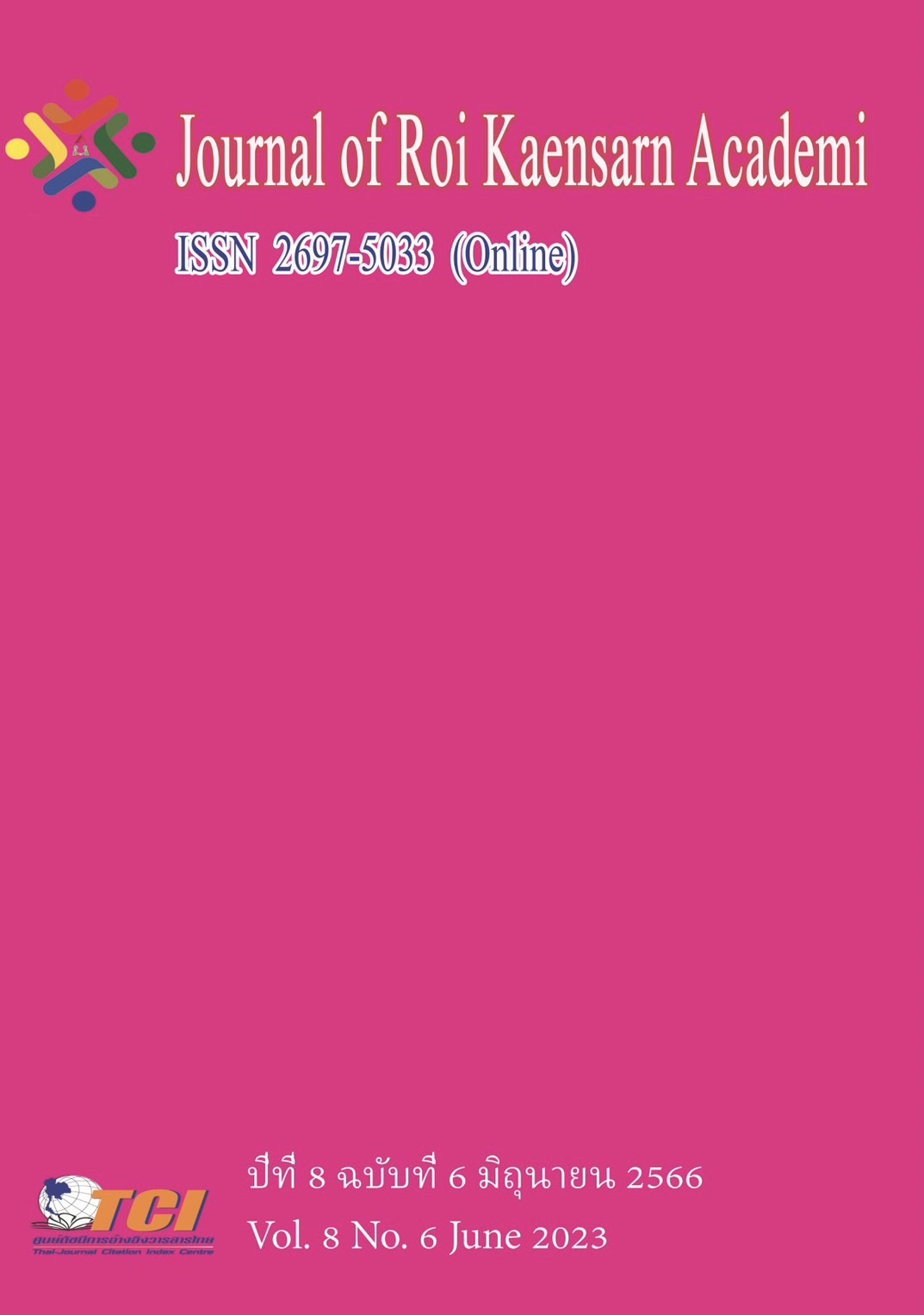Buddhist Doctrine, Transforming Suffering Into Peace for Hiv/ Aids Clients
Main Article Content
บทคัดย่อ
AIDS is not evil, it gives many complimentary views to alert society. The critical, vital key in solving the AIDS problem is basic molecular knowledge, oxidative stress, free radicals, and antioxidants. AIDS is a lifestyle disease that is one’s duty to follow the precaution and try earnestly to practice proper conduct. This article is in the field of behavioral science, the purpose is to describe and illustrate the health promotion program and place a greater emphasis on action-oriented activities in HIV/AIDS clients. All of these need to be considered with a multidisciplinary approach by a pluralistic medical system, emphasized on the popular sector (Kleinman, 1980), that is based on the requirement of living with HIV. For human beings, Dhamma must be utilized as a tool for the practice that create wisdom, decision making, and actions. HIV/AIDS clients must respond to the calls of their conscience and the Essence of Dhamma, they should learn how to obtain the value from utilizing Buddhist as a way of life, because it lies in Buddhist's hands. It is possible for HIV/AIDS clients can improve the quality of life, experienced proportionate promoting behavior, and can live a symptom-free life. Provide the Buddhist doctrine together with maintaining a healthy lifestyle are the advocacy for health promotion, the future medicine.
Article Details
เอกสารอ้างอิง
Perelson, A. S., et al. HIV-1 Dynamics in Vivo: Virion Clearance Rate, Infected Cell Life–Span, and Viral Generation Time. Science 1996; 271: 1582-1586.
Ali A Al-Jabri. Mechanisms of Host Resistance against HIV Infection and Progression to AIDS. Sultan Qaboos Univ Med J. 2007; 7(2): 82–96. Available from: https://www.ncbi.nlm.nih.gov/pmc/articles/PMC3074872/
Kleinmann. Patients and healers in the context of culture. Berkeley, Los Angeles, London: University of California Press; 1980.
K. Vijayanthiwala. AIDS and the Role of Nutrients. Anthropological Bulletin 2013; 1(1), 1-7. Available from: https://www.anthropologicalbulletin.in/journals/Vol1 (1)2013.pdf
Varadhammo, V., Phar. Suffering, and no Suffering. Bangkok, Thailand: Pim Dee; 1996.
Payutto, P.A. Buddhadhamma: Natural laws and values for life. New York: University of New York Press; 1995.

